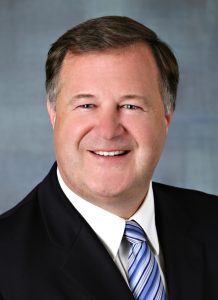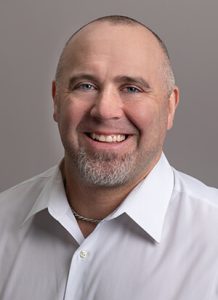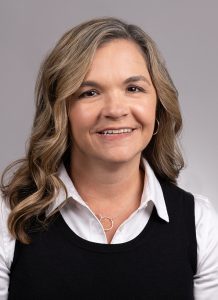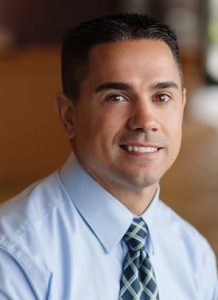Business Loans & Lines of Credit
Smart solutions for your business start with Peoples Bank. We are dedicated to serving the financing needs of businesses in Washington by providing customized financial solutions.
Equipment
Unlock growth for your business with our Equipment financing solutions. Whether you’re upgrading machinery, expanding your fleet, or investing in new technology, we are here to help you acquire the equipment you need without disrupting cash flow.
Commercial Real Estate
Whether you’re purchasing a building, expanding your current square footage, or planning a development project, our commercial lending team is ready to help you every step of the way.
Professional Services
Whether you’re a consultant, healthcare provider, or legal professional, we offer customized financing solutions to help you invest in the resources, technology, and talent needed to scale your practice.
Agriculture
Peoples Bank has been helping the agricultural communities of Washington for generations. More than just an ag lender, we are a full-service agribusiness solution, here to help provide you with the tools to help you be successful.
Commercial Maritime
Our experienced maritime team offers loans for Pacific Coastal operations, including commercial vessel acquisition, construction, and refinancing as well as securing fishing rights, quota, permits, and operational lines of credit.
Small Business Lending
Operating and growing a small business requires determination, expertise, and hard work, along with the right level of financial support. Let Peoples Bank help you find a small business funding solution that’s customized to your unique needs and goals.
SBA
Whether you are an established business or looking to grow, an SBA loan or line of credit could provide just the support you need. As an SBA Preferred Lender, we can streamline the loan approval process for you.
Treasury Management


Business Online Banking
Financial control is at your fingertips with Business Manager by Peoples Bank. Easily manage your business finances with a suite of online business banking features designed to fit every size of business, from the essentials to the most complex financial needs. Securely manage your business finances from anywhere, anytime.
Commercial Maritime
Maritime lending demands specialized knowledge due to the industry’s unpredictable and cyclical nature. Deeply ingrained in the dockside community, our experienced team offers loans for Pacific Coastal operations, including commercial vessel acquisition, construction, and refinancing as well as securing fishing rights, quota, permits, and operational lines of credit.

Small Business
Operating and growing a business requires determination, expertise, and hard work, along with the right level of financial support. If your borrowing needs are less than $350,000, consider a Small Business Loan as your next step.

Industry Experts
At Peoples Bank, we want you to think of our commercial bankers as a business partner because no matter the industry or business, our team has the expertise to help. We take pride in providing a higher level of service to our customers with expert advice focused on long-term reliability for your business. Let’s see what we can achieve together.
Medical Professionals
Dental Professionals
Breweries and Distilleries
Veterinary Practices
Professional Services
Agriculture






















Meet the Team
Put the expertise of a local lending team to work for your business by partnering with Peoples Bank.